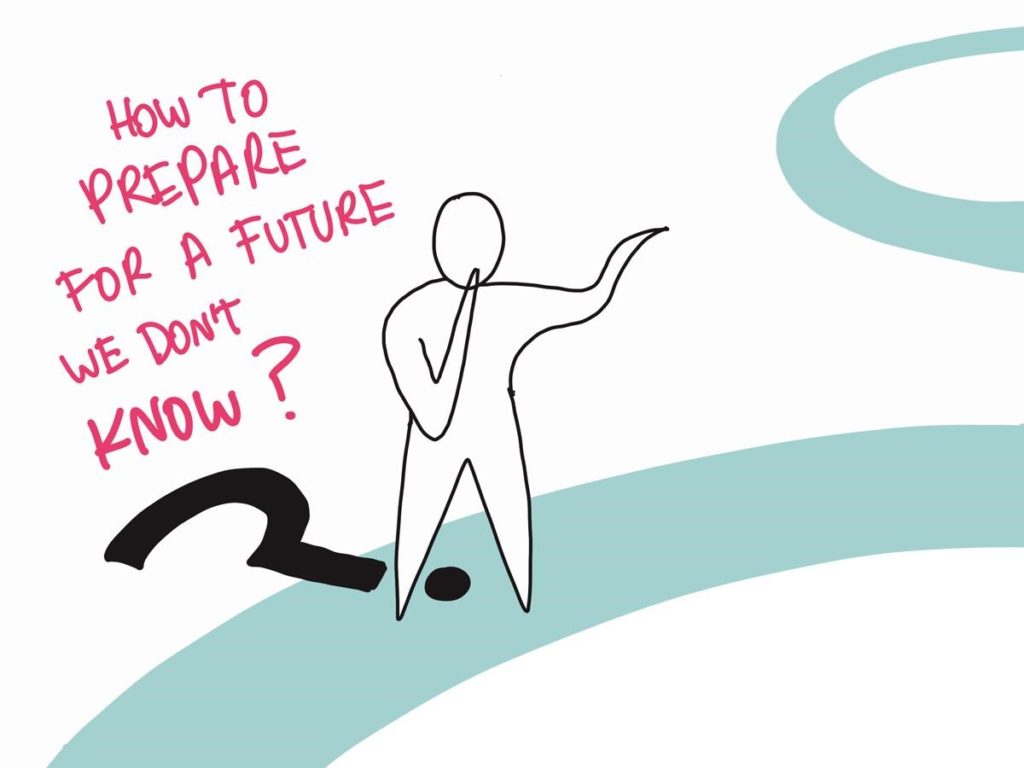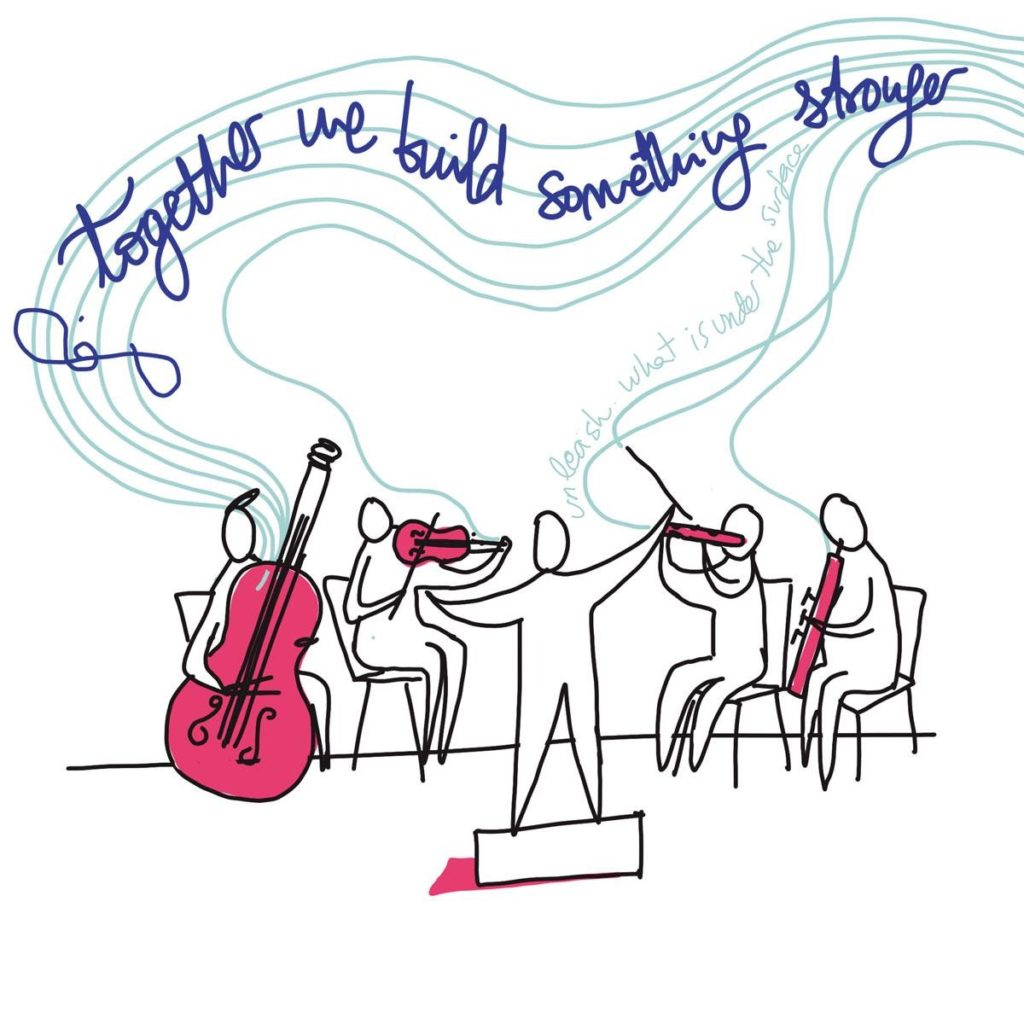PEX proves it has the ‘X’ factor
Just 18 months ago Philanthropy Europe was launched by DAFNE, as a communications platform open to all philanthropy support organisations, in an effort to nurture greater coalition and offer the opportunity to ‘co-create Europe’s philanthropy space for tomorrow’. This quickly evolved into PEX (Philanthropy Europe Networks), a community of European philanthropy infrastructure organisations – a space to meet to develop and learn from each other and to collectively advance the philanthropy field. The X in PEX, although not intended, also signifies the ‘X’ factor, an extra quality that could not have been pre-determined. The PEX collective application of ‘scenario thinking’, involving 18 philanthropy networks, to address the issue of longer-term Philanthropy Resilience has proved the value of that ‘X’ factor.

The aim of the 4 two-hour on-line sessions, facilitated brilliantly by SenseTribe, was to help us as individuals, our respective organisations, and the PEX community, collectively to prepare our foundation members / constituents to deal with the mounting uncertainties facing the philanthropy field as a result of the Coronavirus pandemic.
While this was not an attempt to predict or determine scenarios it did allow for consideration of a range of possibilities, each being context-specific and influenced by factors beyond our control, but from which we can make our own assessment of probability and consequences. What we can control is how prepared we are to deal with the change, particularly as it relates to the operating environment, but also how we can help foundations to act most effectively in a new scenario – whether for example that is one where societies are shaped more by the state and increased nationalism or where there is a realisation of the value of multi-lateralism and increased solidarity; whether trust in the public sector and non-governmental institutions, science and technology, and between people, has been enhanced or eroded; and whether philanthropy has passed the legitimacy test as a valuable strategic player or merely as an agile responder applying sticking plasters.
Whatever scenario emerges, one thing is clear – that the deeply rooted inequalities revealed by the pandemic require systemic change. Philanthropic institutions and their supporting infrastructure will have to look at this closely and with some urgency – not only in relation to what they do but also how they are perceived, both of which will impact on their credibility and, ultimately, their effectiveness.
What emerged from the PEX Philanthropy Resilience work were 6 areas where supporting infrastructure could raise visibility and awareness about what the field does and lead change within it. This included:

- creating space for reflection for their members / constituents and key stakeholders, utilising knowledge from the wider PEX community to help lead change;
- connecting old and new actors in the field in new ways;
- driving collaboration;
- enhancing collective impact;
- increasing resources and / or helping do more with less;
- engaging on behalf of the field with policy makers at national and EU level who shape the operating environment.
Some of this is already taking place and proving fruitful – for example through Philanthropy Advocacy, Unitus Europe, and the Climate Coalition and other PEX activities. Collaborative action is planned around consolidating connections within the PEX community and others to help inform policy and to help leverage resources.
More on this can be found in the ‘Philanthropy Resilience Storybook’ which collates visual harvesting, presenting it in a format that allows the reader to interpret the images in a way that is relevant to their context and the emerging scenario, and describes six areas where support infrastructure can make a difference.
If PEX can continue to bring the ‘X’ factor to bear on the work of infrastructure organisations the impact will be not only quick but also profound in the field and will clearly demonstrate the added value of learning together, sharing knowledge and experience, and collaborating.
James Magowan is Co-ordinating Director at ECFI (European Community Foundation Initiative)
Boris Strecanský is Senior Expert and Member of the Board of the Centre for Philanthropy in Slovakia. He is also a consultant for ECFI, responsible for emerging countries in the community philanthropy field for ECFI.
July 2020
